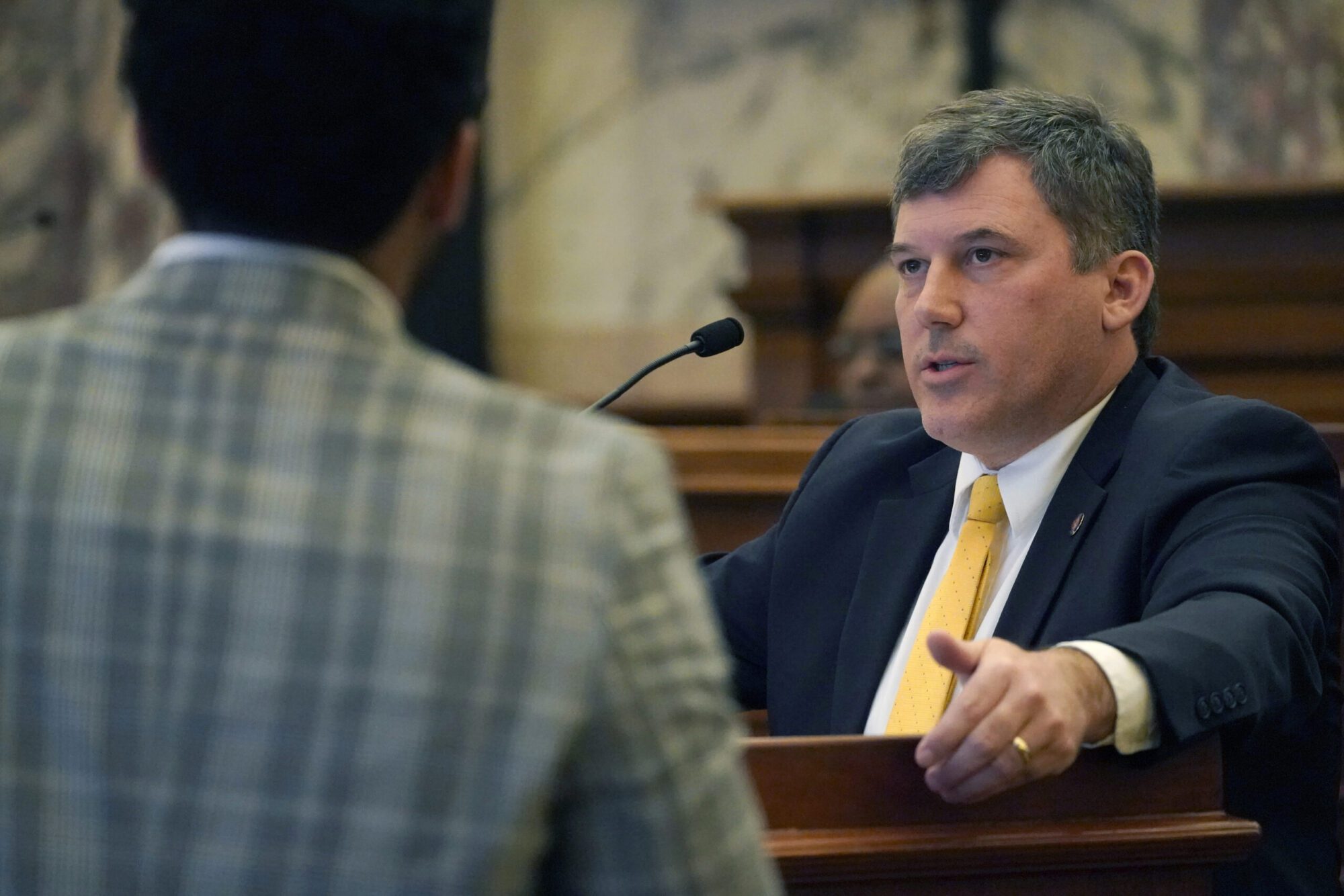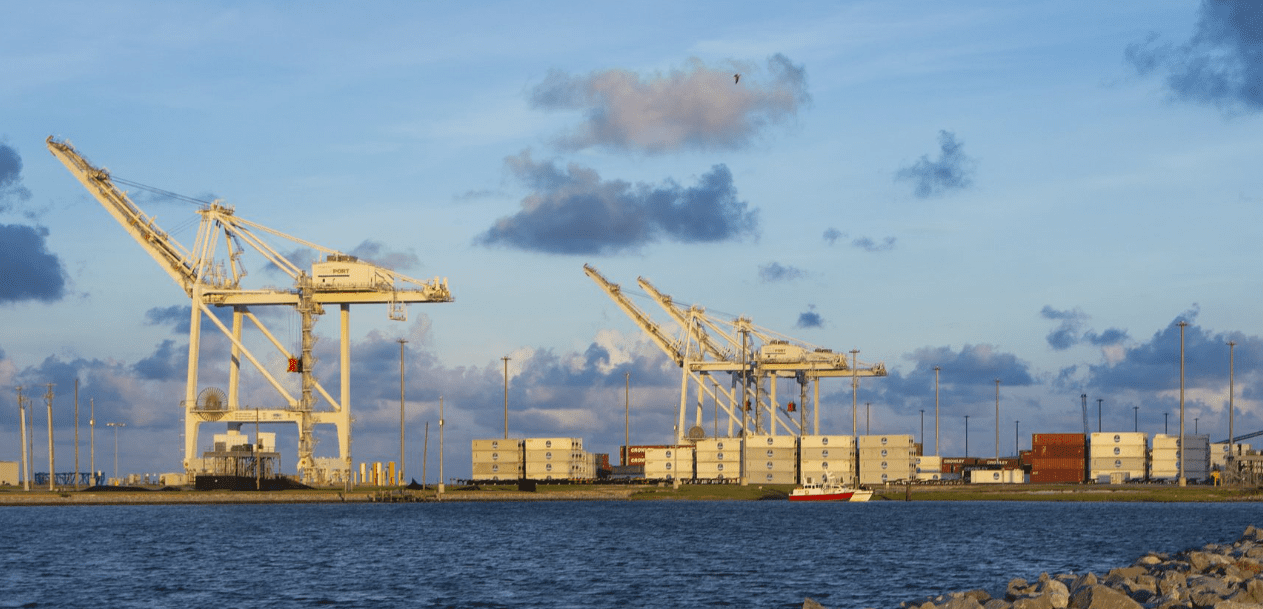
Sid Salter
- Columnist Sid Salter writes that to paint Mississippi solely as a dependent state would be to ignore recent major strides in economic development and tax reform.
Understanding how the current federal government shutdown impacts Mississippi requires at least a fundamental understanding of the state’s reliance on federal funds.
According to Governing Magazine and the State Policy Network’s Center for Practical Federalism, Mississippi depends on federal sources for 44.3% of total state revenues – ranking the state seventh in federal dependence nationally behind Louisiana (51.6%), Arizona (49.2%), Missouri (46.3%), Wyoming (46.2%), Alaska (45.1%), and Montana (44.7%). The analysis is based on U.S. Census data.
Notably, COVID saw Congress send increasing amounts of federal funds to the states during the pandemic and the years that followed, driving federal aid from 31.4% of total state spending to 37% in 2023, a year in which the federal government disbursed $1.05 trillion to the states.
That context matters now more than ever. With the federal government in shutdown mode, Mississippi’s heavy reliance on federal dollars places the state in a precarious position. While the political theater in Washington may seem distant, the consequences are anything but abstract for thousands of Mississippians.
Consider the impact on health and nutrition programs. Federal funding supports Medicaid, SNAP (Supplemental Nutrition Assistance Program), WIC (Women, Infants, and Children), and school lunch programs. A prolonged shutdown threatens the continuity of these services, potentially leaving vulnerable families without access to basic nutrition and healthcare. In a state where poverty rates remain among the highest in the nation, such disruptions are not just inconvenient; they are dangerous.
In 2024, approximately 385,000 Mississippians, or 13.1% of the state’s population, benefited from SNAP (Supplemental Nutrition Assistance Program). The WIC program (Special Supplemental Nutrition Program for Women, Infants, and Children) served 59,942 people in Mississippi during that same year.
Then there’s the matter of payroll. Some 30,000 federal employees in Mississippi—ranging from military personnel at installations like Columbus Air Force Base to civilian workers in agencies like the USDA, Social Security Administration, and the VA—face the possibility of delayed paychecks.
Beyond direct federal employees, state workers whose salaries are partially funded by federal grants—such as those in public health, education, and transportation—may also feel the pinch. The ripple effect extends to contractors, small businesses, and local governments that depend on federal dollars to keep projects moving and services running.
Yet, to paint Mississippi solely as a dependent state would be to ignore recent major strides in economic development and tax reform. In March 2025, Gov. Tate Reeves signed the “Build Up Mississippi Act,” a sweeping tax overhaul that phases out the state’s individual income tax by 2030. The legislation also reduces the grocery sales tax from 7% to 5% and increases the gasoline tax to support infrastructure investment.
Legislative backers of the tax changes argue that eliminating the income tax positions Mississippi as a more attractive destination for businesses and workers. With only a handful of states operating without an income tax, Mississippi now joins a competitive club that includes Texas, Florida, and Tennessee. The hope is that this move will stimulate private investment, grow the workforce, and diversify the state’s revenue base.
Economic development efforts have also seen impressive momentum. Mississippi has landed several manufacturing and data center projects in recent months, including expansions in automotive and aerospace sectors. These wins suggest that the state is not merely waiting on Washington—it’s working to build a more resilient economy.
But here’s the rub: economic development and tax reform are long-term plays. This is where Mississippi’s leaders must walk a tightrope. On one hand, they must champion policies that promote self-sufficiency and economic competitiveness. On the other, they must acknowledge the reality that federal dollars remain a critical part of the state’s fiscal ecosystem.
The current shutdown is a reminder that Mississippi’s future cannot be built on ideology alone. It requires pragmatism, planning, and a clear-eyed assessment of where we are and where we’re going. The state’s reliance on federal funds is not a moral failing; it’s a structural reality of government shaped by history, demographics, and economics.
Because in states like Mississippi, when Washington sneezes, we catch the flu. And right now, the fever’s rising.







